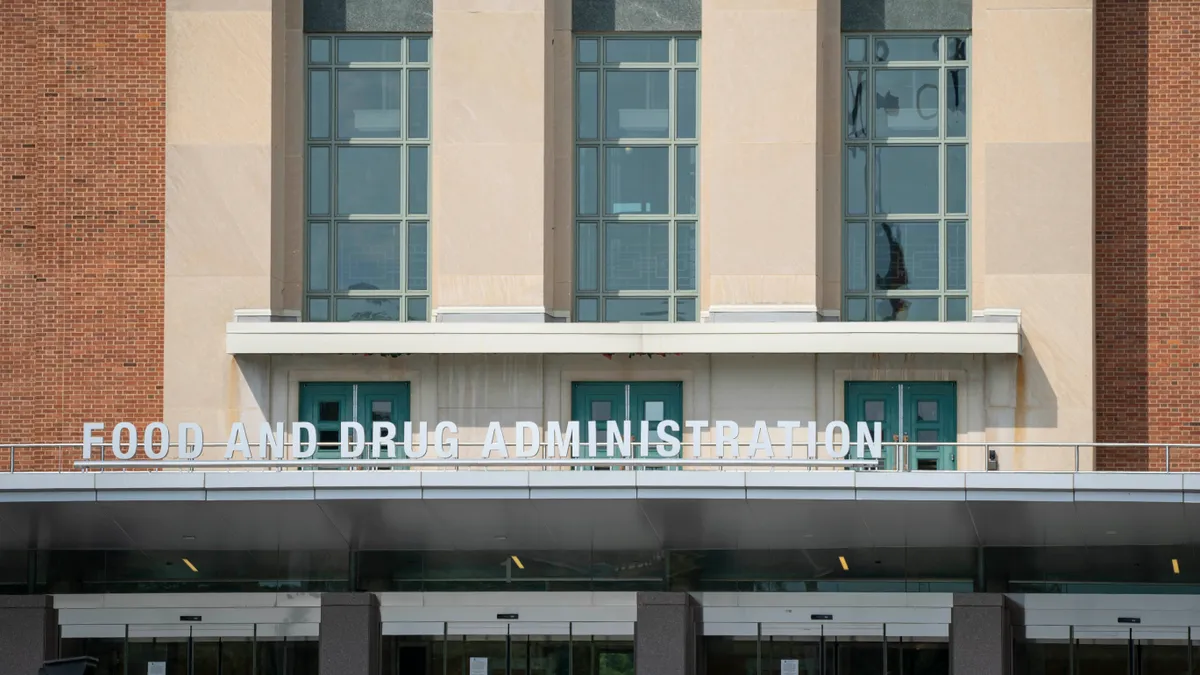Dive Brief:
- The number of Class I medical device recalls by the U.S. Food and Drug Administration hit a 15-year high in 2022, according to a report by Sedgwick.
- In 2022, the FDA oversaw 70 Class I recalls, its highest risk classification, compared to an average of 47 over the previous five years. Eighteen of the Class I recalls happened in the fourth quarter.
- Mislabeling was the most common reason for recalls in three of the past five quarters.
Dive Insight:
Last year, companies including Abbott, Baxter, GE HealthCare, Medtronic and Philips were the subject of Class I recalls, a category that the FDA reserves for problems with the potential to cause serious injury or death. The activity added up to a record year for Class I recalls.
Sedgwick reported the 15-year high for Class I recalls after tallying up the data for the fourth quarter. Over the final three months of the year, the total number of recalls of any type rose 8.1% sequentially, and the number of recalled units increased by around 10 million to 61.98 million.
Mislabeling was again the most common cause of recalls in the fourth quarter, as it has been for three of the past five quarters, followed by quality. There was a decline in the number of recalls related to software, the most common cause of recalls in the third quarter. Having been responsible for 46 events over that prior period, software accounted for 15 recalls in the final three months of the year.
Based on data for January, the increase in recalls between the third and fourth quarter may continue in 2023, the report said. Sedgwick counted 135 recalls in January, compared to a monthly average of 80 in the fourth quarter. The number of recalled units is also tracking above the rate seen in the fourth quarter.
Sedgwick identified the FDA’s use of Section 518 authority, which allows it to order manufacturers to notify patients and providers of risks, as one of the most significant developments in medical device recalls. The FDA used the power one year ago to order Philips to tell patients about its respiratory device recall because the company’s efforts to that point had been “inadequate,” the agency said.










